Your search returned more than 50 results. The 50 most relevant results are displayed.
The health of corporate balance sheets and anticipation of resilient earnings are among factors potentially benefiting global credit this year.
AlbaCore Capital Group is one of Europe’s leading alternative credit specialists, investing in private capital solutions, opportunistic and dislocated credit, CLOs, and structured products.
Many investors are questioning how rising interest rates will affect corporate borrowers. Will their financing costs rise significantly and, from a credit investors’ perspective, do higher rates elevate default risk?
Leading global investment manager, First Sentier Investors, and boutique European alternative credit manager, AlbaCore Capital Group Limited (AlbaCore) have received all regulatory approvals pertaining to their strategic partnership.
Leading global investment manager, First Sentier Investors (FSI), has entered into a strategic partnership with a leading European credit manager, AlbaCore Capital Group (AlbaCore), making a majority investment in the business.
Global asset management group focused on providing high quality, long-term investment capabilities to clients. We bring together independent teams of active, specialist investors who share a common commitment to responsible investment principles.
Learn about investing in fixed income today. First Sentier Investors' on-the-ground teams share investment ideas uncovered in developed & emerging markets.
Check the latest First Sentier Investors fund price and fund performance, keep track of funds performance and trends to help investment selections.
A new study has found that on average people could be ingesting approximately 5 grams of plastic every week, which is the equivalent weight of a credit card.
First Sentier Investors, a leading global investment manager is pleased to announce the appointment of Adele Swan as the new Chief People and Culture Officer, effective 24 June. Ms Swan is based in Edinburgh, reporting to the CEO, Mark Steinberg.
In order to fully understand why Kaisa defaulted on its bonds, we first need to get a good grasp on the deleveraging policy called the three red lines. Following years of debt-fueled growth in the property sector during which home prices surged six-fold over the past 15 years, the Chinese government decided to rein in excessive credit took on by property developers to avoid Japan’s mistake in the 1990s, which eventually led to long-term damage to growth.
Land, Labour, Capital and Entrepreneurship. These are the well-known “Factors of Production” as defined by classical economists. The Entrepreneur (or Company) is the one that combines these factors to earn a profit.
First Sentier Investors announced the appointment of Ashley Conn as Chief Financial and Strategy Officer.
Global Listed Infrastructure dipped in the June quarter as investors focused on higher beta segments of the market.
We crossed six US states meeting over 70 infrastructure management teams as well as customers and suppliers at three conferences. We visited three corporate head offices, several regulators and toured the country’s largest nuclear power plant.
First Sentier Investors, a leading global investment manager, is pleased to announce the appointment of Amanda Gazal as the new Chief Operating Officer (COO). In this role, Gazal who will be based in the Sydney office, will be responsible for overseeing the company's day-to-day operations and driving operational excellence to support the organisation’s growth strategy.
First Sentier Investors and MUFG appoint head of First Sentier MUFG Sustainable Investment Institute
Velina Karadzhova will be responsible for developing the institute’s research programme which will include macro-level research on sustainable investment topics, market trends and industry practices
First Sentier Investors (FSI), a leading global investment manager, today announced the appointment of Sudip Hazra as Director of the First Sentier MUFG Sustainable Investment Institute (the Institute), effective 6 June.
First Sentier Investors, a leading global investment manager, today announces that it is setting its first nature targets as a Taskforce on Nature-related Financial Disclosures (TNFD) Adopter, in the lead up to the inaugural Global Nature Positive Summit hosted in Sydney this week.
Leading global investment manager, First Sentier Investors (FSI), today announced the appointment of Yoshiki Ueno to the role of Deputy Chief Executive Officer
First Sentier Investors is pleased to announce two key leadership appointments, effective 1 January 2025. Harry Moore is appointed to the newly created role of Chief Commercial Officer; and Lauren Prendiville is appointed as the new Global Head of Distribution and Marketing.
First Sentier Investors, a leading global investment manager, is pleased to announce the appointment of Jamie Downing as the new Head of Distribution in EMEA, as the business continues to strengthen its global distribution team.
As with global automotive manufacturers, several Indian automotive original equipment manufacturers (OEMs) including Maruti Suzuki, Mahindra & Mahindra (M&M), Tata Motors and Eicher Motors have recently announced that the shortage of semiconductor supply has impacted their production schedules. This has added to the persistent challenges faced by the industry over the last few years.
We have written about the spate of Initial Public Offerings (IPOs) in India and our reasons for staying away from them, for the most part. This time, we want to talk about why new listings are important to keep the market vibrant and to keep the entrepreneurial spirit in the country alive.
Global Listed Infrastructure fell in the September quarter as market expectations that interest rates were likely to remain “higher for longer” were priced into valuations.
Head of Asian Fixed Income, Nigel Foo provides an outlook into 2025 for the strategy.
A growing consensus that interest rate cuts were likely in 2024 drove a strong quarter for Global Listed Infrastructure, with gains for every infrastructure sector and region.
Leading global investment manager, First Sentier Investors (FSI), has appointed Kate Turner as Global Head of Responsible Investment (RI) and bolstered its RI team with four new appointments.
Leading global investment manager, First Sentier Investors (FSI), today announced the outcome of a review of its existing investment capabilities against its strategy.
Since our last update, global markets have not been short of action and the manic behaviour characterising today’s markets has taken investors on another rollercoaster ride. While not quite comparable to the market movements seen during the dark days of March 2020, the recent correction — especially in China-related companies — has been notable. Yet, from a market perspective, a sense of normality is finally starting to emerge after the more speculative phases over the past 12-18 months.
Credit portfolios with genuine Environmental Social and Governance (ESG) integration could be a canary in the coal mine for potentially difficult-to-quantify risks and opportunities, including those likely to stem from climate change and the energy transition. While governments globally move at different speeds to put in place net zero policies, ESG-focused credit investors are taking decisive, early action to reflect these factors in their portfolio allocations.
There were a number of structural trends leading up to the Covid pandemic that were all very well understood. And the pandemic has given rise to some newer emerging trends. And what is central to the majority of these trends is the rapid advancement and continued adoption of technology which is driving societal change.
While the pandemic is still far from over, a number of key leading indicators point to a healthy and broad-based recovery in China. Industrial production, trade activity and retail sales have been strong; and in stark contrast to the lockdowns and travel restrictions in early 2020, domestic travel, tourism and the leisure sectors in China have sprung back to life.
Concentration in equity markets has reached unprecedented levels. While this has driven remarkable returns for a narrow slice of the market, it raises critical questions about diversification, valuation, and risk for equity investors.
Our recent paper on Extreme Concentration focussed on the US (and so Developed Markets). This was the natural as the central issue of concentration was among the top 10 stocks in the US, among them, the “Magnificent 7”.
Global listed infrastructure underperformed in 2023 owing to rising interest rates and a shift away from defensive assets. Relative valuations are now at compelling levels. Infrastructure assets are expected to see earnings growth in 2024 and beyond, aided by structural growth drivers.
Leading global investment manager, First State Investments today announced the completion of its sale from Commonwealth Bank of Australia to Mitsubishi UFJ Trust and Banking Corporation, a wholly-owned subsidiary of Mitsubishi UFJ Financial Group, Inc. (MUFG), for US$2.7 billion.
The energy crisis in Europe has boosted global demand for LNG. Global listed infrastructure companies pioneered the US LNG industry, investing US$50 billion since 2010. The energy crisis is providing an opportunity for LNG to secure its role as a transition fuel. With reliability and security of supply increasingly front of mind, US LNG exporters stand to gain market share, underpinning a further US$50 billion of investment over the next decade. An increased need for natural gas infrastructure will also benefit the broader North American midstream sector.
2024 was a good year for global listed infrastructure. Strong earnings for energy midstream and a step-change in the earnings growth outlook for utilities helped the asset class to shrug off rising bond yields and political uncertainty.
Corporate culture is a powerful dynamic in a company. It is the set of beliefs and attitudes about the way things are done, and so is a key component of many corporate functions.
We recently spent a couple of weeks in the US and Canada, meeting with management teams from the railroads, utilities and energy midstream sectors, as well as with regulators. Below are some of our findings. We hope you find them interesting.
2024 was a year marked by global inflation and economic growth concerns against a backdrop of worldwide elections. As we head into 2025, volatility will remain an enduring constant.
The First Sentier MUFG Sustainable Investment Institute, a joint venture initiative between First Sentier Investors and Mitsubishi UFJ Trust and Banking Corporation, has published new research on the growing issue of microfibre pollution.
In almost every meeting that we have with management teams, we will ask about incentivisation. In our view, it is an important question and the answer can be highly revealing about an organisation’s culture and behaviour.
FSSA Investment Managers, Asia-Pacific, Asian equities
Recently I attended the largest US utility conference, the 2024 Edison Electric Institute (EEI) Financial Conference, in Hollywood, Florida. I met with management teams from 26 regulated electric and gas utility companies.
As the Italian coalition government submit their 2019 Draft Budgetary Plan to the EU Commission, we explore what the new measures mean for the country's credit ratings and the outlook for Italian Bonds.
After decades of flat electricity demand for US utilities, the industry is now seeing unprecedented demand as growth in data centers / AI, electrification, onshoring and electric vehicles outweighs energy efficiency gains. One utility executive stated: “Seeing all these customers wanting 24/7 load and willing to pay for it – it is every utility’s dream”.
Over the last decade the electricity sector has been at the forefront of decarbonisation, ahead of transport, industry and agriculture.
Get the right experience for you
Your location :  Sweden
Sweden
Australia & NZ
-
 Australia
Australia -
 New Zealand
New Zealand
Asia
-
 Hong Kong (English)
Hong Kong (English) -
 Hong Kong (Chinese)
Hong Kong (Chinese) -
 Singapore
Singapore -
 Japan
Japan

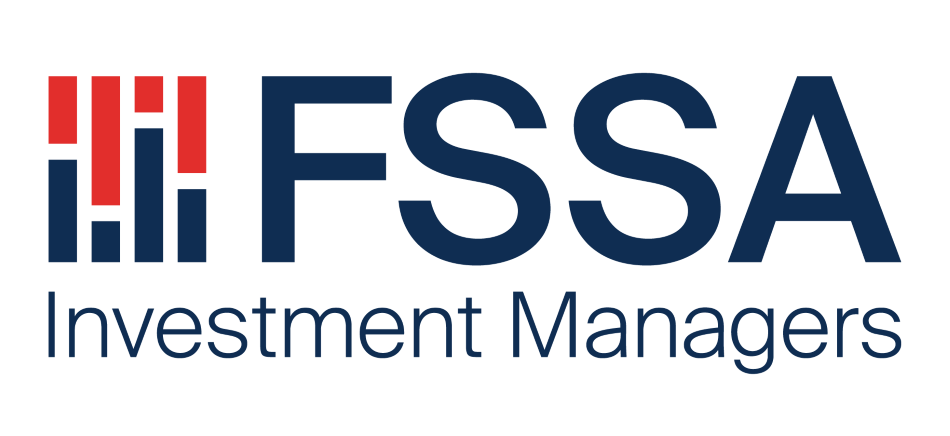
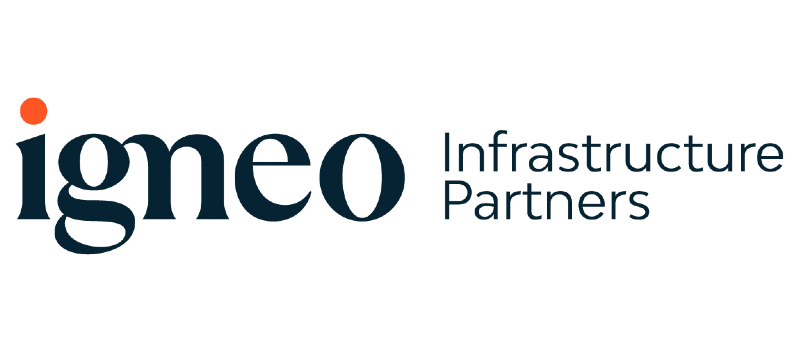
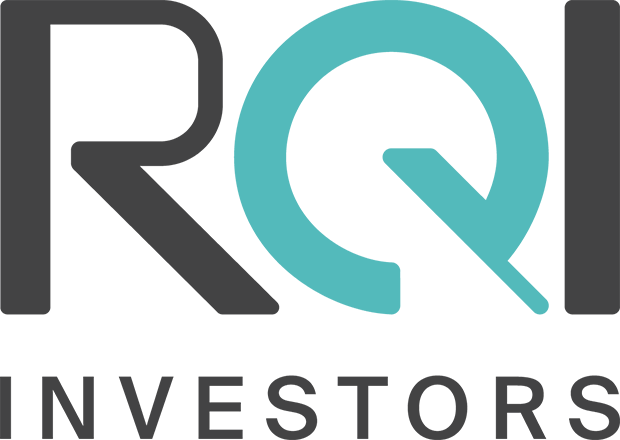


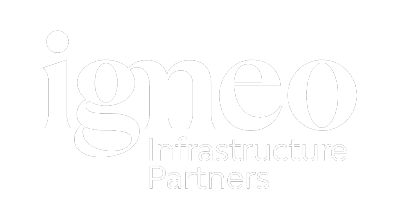


















 United Kingdom
United Kingdom 